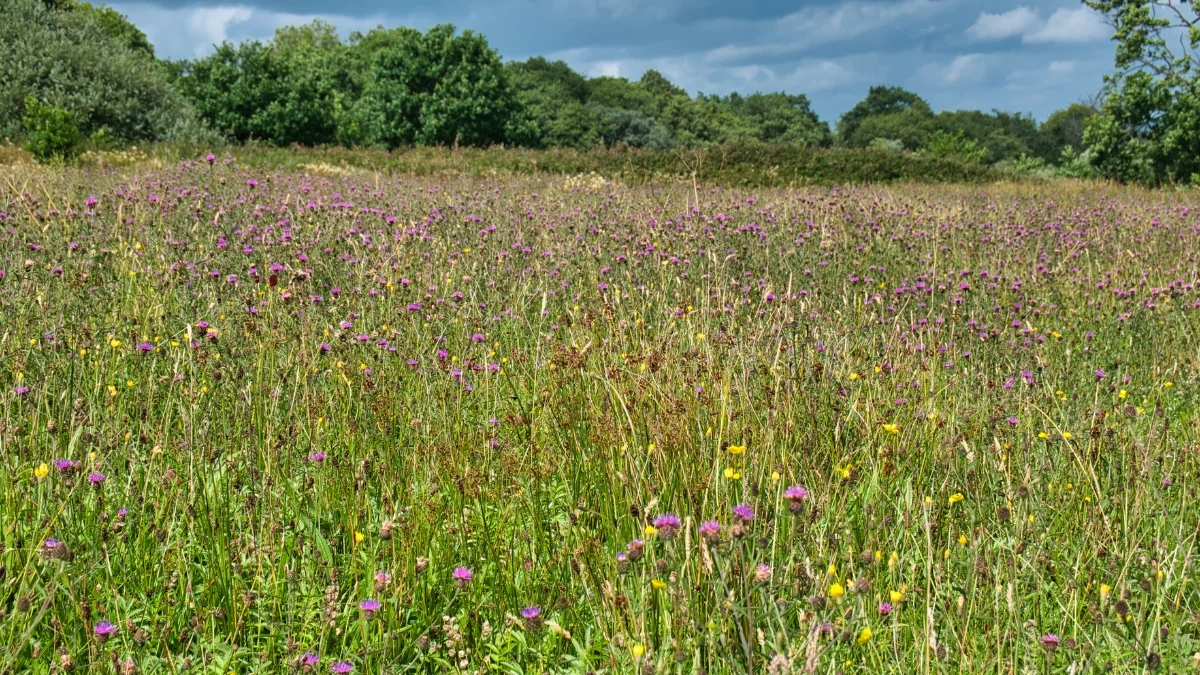The government has launched a working paper aimed at tackling nutrient neutrality and helping developers meet their environmental obligations.
As part of its Planning and Infrastructure Bill, the MHCLG and DEFRA are welcoming input on the Nature Restoration Fund to allow developers to meet environmental obligations more quickly and with greater impact, therefore speeding up the delivery of homes while improving the environment.
The paper proposes that, instead of existing environmental mitigation rules, housebuilders would be required to make a single payment into the fund to mean home building can proceed. A delivery body such as Natural England would then be responsible for managing “positive environmental outcomes” rather than the developer.
The paper lays out three measures that the government would take to speed up housing delivery and ensure that environmental obligations, such as nutrient pollution in waterways and securing habitats for protected species, are met in “a more sensible and strategic way”.
These include:
- The government will lead a strategic assessment and delivery plan for areas, not individual sites, allowing decisions to be made at an appropriate geographic scale.
- The chosen public delivery body will determine the requirements for addressing the environmental impact of development across an area of development and determine the payment required from developers.
- Developers’ contributions will be made through a single payment to streamline the process, maximising the impact of money spent on nature recovery instead of paperwork and process.
The paper said that the proposed changes are not expected to have a major impact on the mandatory Biodiversity Net Gain rules introduced this year.
Housing secretary, Angela Rayner, said that the plans will strip away “unnecessary barriers to growth to deliver the homes that we so desperately need”.
Rayner added: “Our Plan for Change will put an end to the status quo while restoring nature. It’s a win-win for development and our environment, including targeted reforms allowing us to use the economic benefits of growth to fund tangible and targeted action for nature’s recovery.”
‘Source: Showhouse ‘













